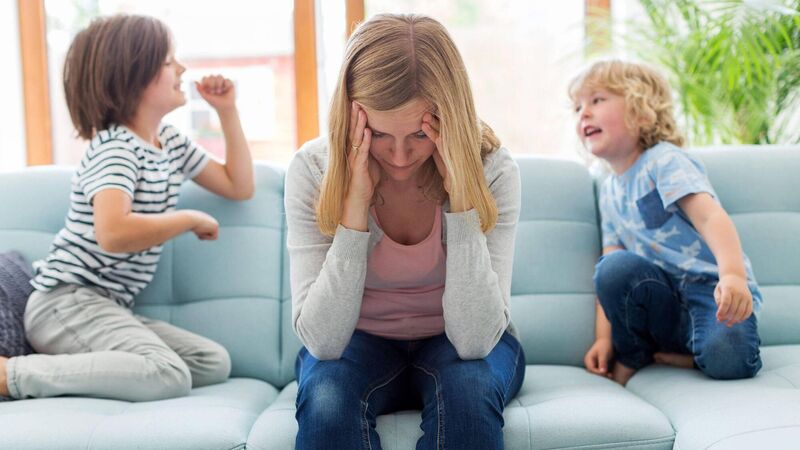Just exhausted — or are you suffering parental burnout?

Rosemary Daynes-Kearney says: “People think it’s the parent’s age that matters. This study found the child’s age is a factor. Parents of under-5s are more likely to be exhausted — younger children require more physical care."
An hour after dropping your child at summer camp you get a call to say they forgot their lunch box. At the same time, you’re dealing with sibling rows and your five-year-old has an ongoing health issue — their hay fever has flared up again.
Parenting is full of these short-term or even chronic stresses, says Dr Ann-Marie Creaven at University of Limerick’s (UL) Department of Psychology. “We all experience these daily hassles. It’s not always easy, but it’s natural to feel stressed when you’re pulled in different directions.”









